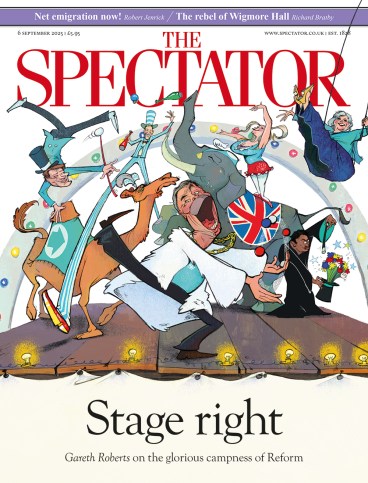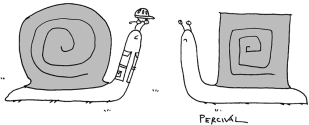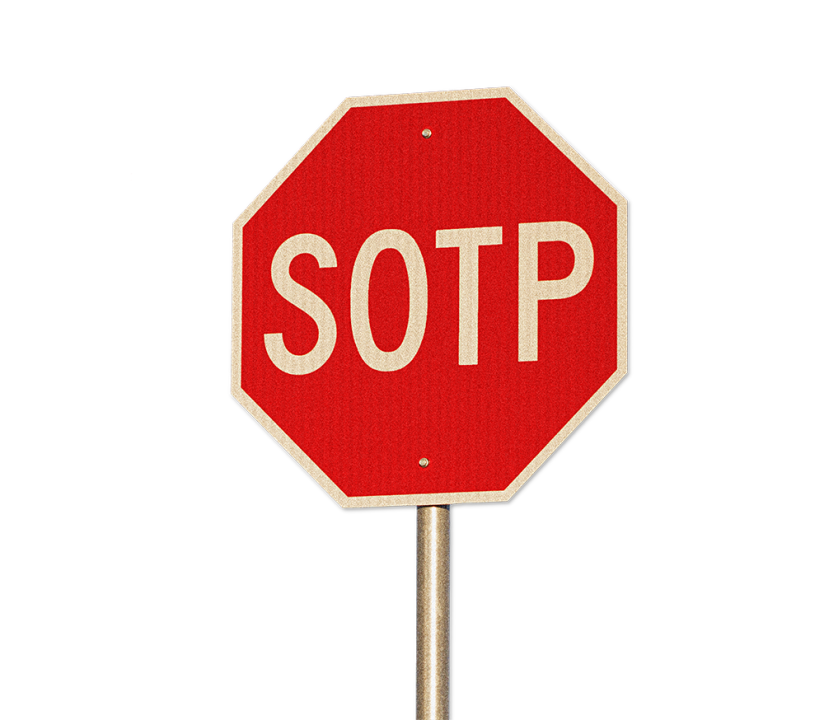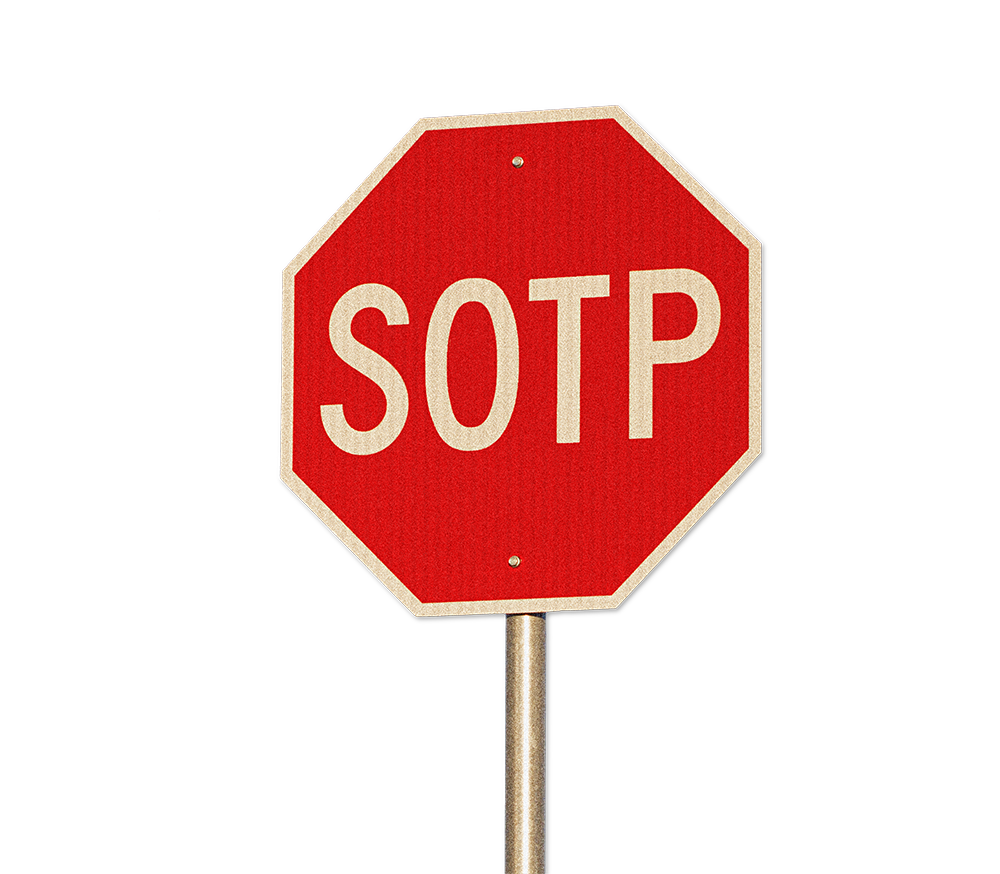
Kenya
It used to be that the black sheep from prominent British families were sent out to Kenya and told that so long as they stayed away in Africa, they’d be paid an allowance. These ‘remittance men’ established modern agriculture on the equator, they built railways and businesses, even while being regarded as intellectually dim. Nowadays, we know such fellows were seen as stupid simply because they were dyslexics – who of course can become great entrepreneurs – and it seems to have been handed down through the generations.
The self-deprecating anthem of the Kenya Cowboys – ‘Kenya born, Kenya bred, strong in the arm, thick in the head’ – gives an ironically false impression of the innovative and adventurous descendants of those early pioneers. Numbering no more than a few thousand in a country that today has a population of 55 million, these ‘vanilla gorillas’ trailblaze in all sorts of enterprises, devoted to the birthplace that gave them a home. But many of us, including me, are still dyslexic. I think my struggles in this area were exactly why I became determined to read English at Oxford and pursue a life in journalism.
Ah, the Republic of Dyslexia. Whether it’s our high ultraviolet or fluoridation of the water, nobody knows, but across Kenya a road sign will tell you to ‘Sotp’ and students will attend a ‘shcool’. On the road home to the farm I often follow a school bus that has a sign on its rear: EXCELENCE IS OUR MOTTO. A government office has a ‘suggetion box’, ‘In God We Thrust’ is a sign outside a shop, a clinic advertises treatment for ‘pour erections’, there must be ‘no spiting’ around swimming pools and ‘Trespassers will be prostitutes’. Inevitably, the local beauty salon offers ‘electric chair and foot massage’, while a village menu offers Chicken & Chips; Fish & Chips; Fat Cock.
With the Boran Cattle Breeders’ Society show and sale around the corner in my upcountry Kenya ranching district, I recently sent the trophy that I won in the last event – Best New Breeder – off to the engravers in Nairobi. What came back appalled me: a line of text that undulated across the silver cup, with several letters of my farm’s name crossed out and repeated. Since one cannot fix engraving mistakes, there was nothing I could do, but I was comforted by the fact that previous trophy winners also had messily engraved records of their wins.
This year, the breeders’ society had invited exhibitors to contribute new trophies to the show competition classes that did not already have them. Most of the trophies commemorate late breeders of our local zebu breed, the Boran, and so I decided that I’d like to contribute a silver salver in the name of my late father, Brian Hartley. I looked through the vacant show categories and saw that Class 3 – ‘Heifers 2½ to 3 Years’ was still free. This is a wonderful competition class, in which you present lovely bulling heifers that should already be in calf. Dad would have loved it. He was a founding member of the breeders’ society when it was established 76 years ago, and during the early 1950s he took some of the first Borans to West Kilimanjaro in Tanganyika, where he and my mother farmed until they were nationalised 16 years later by the socialist Nyerere regime. Some 22 years ago the family went back into Borans and I hope that when I am gone my children will carry on with the stud.
Across Kenya a road sign will tell you to ‘Sotp’, a government office has a ‘suggetion box’ and ‘In God we thrust’

While visiting England during the summer I bought the silver salver – it was quite expensive, but I wanted a nice one to remember my dad – and took it to a local engraver. In capital letters I wrote down what I wanted the trophy to say: ‘The Brian Hartley Plate – for the Best Heifer 2½ – 3 Years.’ I knew that all would be well – since after all this was England, not Kenya. I flew home to Africa and after several complicated arrangements, the engraved silver salver arrived in Nairobi. When I took it out of the box it looked wonderful, except that it said: ‘The Brain Hartley Plate.’ My heart sank. I emailed the engraver attaching a photo and the father of the young man who had done the job replied to kindly offer to do another free of charge. I said let’s split the cost, since mistakes happen.
Days later, the father replied: ‘The slaver is in-store and ready to be engraved, when your ready if you could let me know if their has been any changes to the engraving and i will get the salver ready.’ I realised that this was an entire family of silver engravers who were dyslexic, and I felt I should urge them to emigrate to Kenya. I am now still waiting for the salver to reach here – and I dread what it will say.









Comments